Wine: an investment for the ages
From ancient Georgia to the modern day, wine remains an attractive asset

“Wine is central to civilisation as we know it in the West… As a medicine, social lubricant, mind-altering substance and a highly-valued commodity.” It’s a lofty claim, perhaps – but one backed by science. The quote comes from a researcher writing in the Proceedings of the National Academy of Sciences journal, on the topic of pottery fragments found in Georgia dating back to 6,000BC, which contained residual wine compounds.
By comparison to wine making, the history of wine investment is somewhat more modern. Yet it still has a lengthy provenance compared to many asset classes. For example, Thomas Jefferson was writing about the rising value of vintage Bordeaux wines in the 1780s; by the 19th century, speculators focusing on wine caused a series of booms – and busts – in the market.
It’s clear then that people have always derived pleasure from wine, and as a result, investors have come to value fine wine in particular, to the extent where they may even forgo drinking it in favour of collecting it. Most prized are those wines produced by winemakers with a reputation for quality, with clear provenance, and, perhaps above all, with the potential to improve over an extended period in the bottle. The combination of these attributes creates the potential for such wines to rise in value over time.
Subscribe to The Week
Escape your echo chamber. Get the facts behind the news, plus analysis from multiple perspectives.

Sign up for The Week's Free Newsletters
From our morning news briefing to a weekly Good News Newsletter, get the best of The Week delivered directly to your inbox.
From our morning news briefing to a weekly Good News Newsletter, get the best of The Week delivered directly to your inbox.
Today’s wine investment market is of course far more developed and stable than it was when Jefferson was writing about Bordeaux. And it continues to grow at pace: the secondary market for fine wines – as opposed to purchases for consumption – is now valued at around $5bn a year; that is about 65% higher than a decade ago.
There are several explanations for this rapid rate of growth. Most obviously, wine continues to deliver consistent returns. The Liv-Ex Fine Wine 1,000 Index, which tracks the value of 1,000 of the best wines from around the world, delivered a total return of 38.1% over the five years to 31 October, the most recent date for which figures are available.
Importantly, those returns have come with far less volatility than other investments. For investors more accustomed to putting their money into the stock market, or other financial assets, fine wine has proved an oasis during disappointing periods, including the collapse in share prices seen at the height of the Covid-19 pandemic last year, while continuing to perform during better times. “Wine has performed reassuringly well over the past 12 months,” notes the Knight Frank Luxury Investment Index report for 2021.
Specialist services simplify wine investment
However, as those ancient winemakers in Georgia clearly understood, wine’s inherent value comes from something far more fundamental – the pleasure it gives us. Tom Gearing, CEO of Cult Wines believes that investors should focus on enjoying their ownership of wine as well as the investment potential. For many people, learning about new wines, extending their knowledge and building their collection is a critical element of the allure of wine investment. They’re putting money into tangible assets with a real-life back story.
As Gearing points out, the universe of fine wine continues to throw up new opportunities to hear more of those stories. “We expect the global fine wine market to continue to diversify and expand as new regions and producers gain attention,” he says. “Some of the top performing regions in recent years have been Italy, Champagne and emerging markets rather than the more established Bordeaux.
For wine collectors and investors, that represents a chance to broaden their horizons. In 2010, Bordeaux accounted for 95% of the secondary market for fine wine; a decade later, that figure had fallen to around 60%, as wines from other parts of France, from Italy, and from the New World – particularly the US – have attracted more interest. There has even been investment interest in UK wines, and climate change is raising the stakes, with weather conditions in both traditional and new wine-growing areas now having a noticeable impact.
The shift emphasises why investing in wine is so different to putting money into more traditional assets. The wine industry is steeped in history – France began classifying the best Bordeaux wines in 1855, ranking its five most prestigious producers, including Chateau Lafite, Chateau Latour and Chateau Margaux at the top of the pile as “premier crus”. But it is also constantly evolving, with new wines battling for attention from the critics – and winning them over increasingly often in what was once a conservative industry.
Another aspect of that evolution – and one that represents an important factor in the expansion of the wine investment market – has been the launch of platforms and services that make it far easier than ever before to buy and sell wine for profit. Where wine investors once needed the experience and expertise to deal with specialist wine merchants, as well as the facilities to store their purchases, companies such as Cult Wine Investment now make the whole process much easier.
Launched in 2007, Cult Wines effectively offers investors a one-stop service. It helps them build a portfolio of fine wines, on the basis to their attitude to risk and their investment objectives, but it also looks after storage, insurance and the other practical issues facing wine owners. Investors can check what they own – and what it is worth – through an online portal.
“Historically, the wine investment category has been perceived as only for the wealthy, or those with considerable wine knowledge. We know that is not the case and are enabling more people to invest effectively while maintaining the client service, impeccable standards, and returns for which we are known,” says Gearing. “Equally important is the investment we have made in developing technology that gives our team of experts unrivalled tools to complement their market expertise.”
Disclaimer: Past performance is not indicative of future results. Returns calculated in GBP and may vary depending on exchange rates.
Sign up for Today's Best Articles in your inbox
A free daily email with the biggest news stories of the day – and the best features from TheWeek.com
-
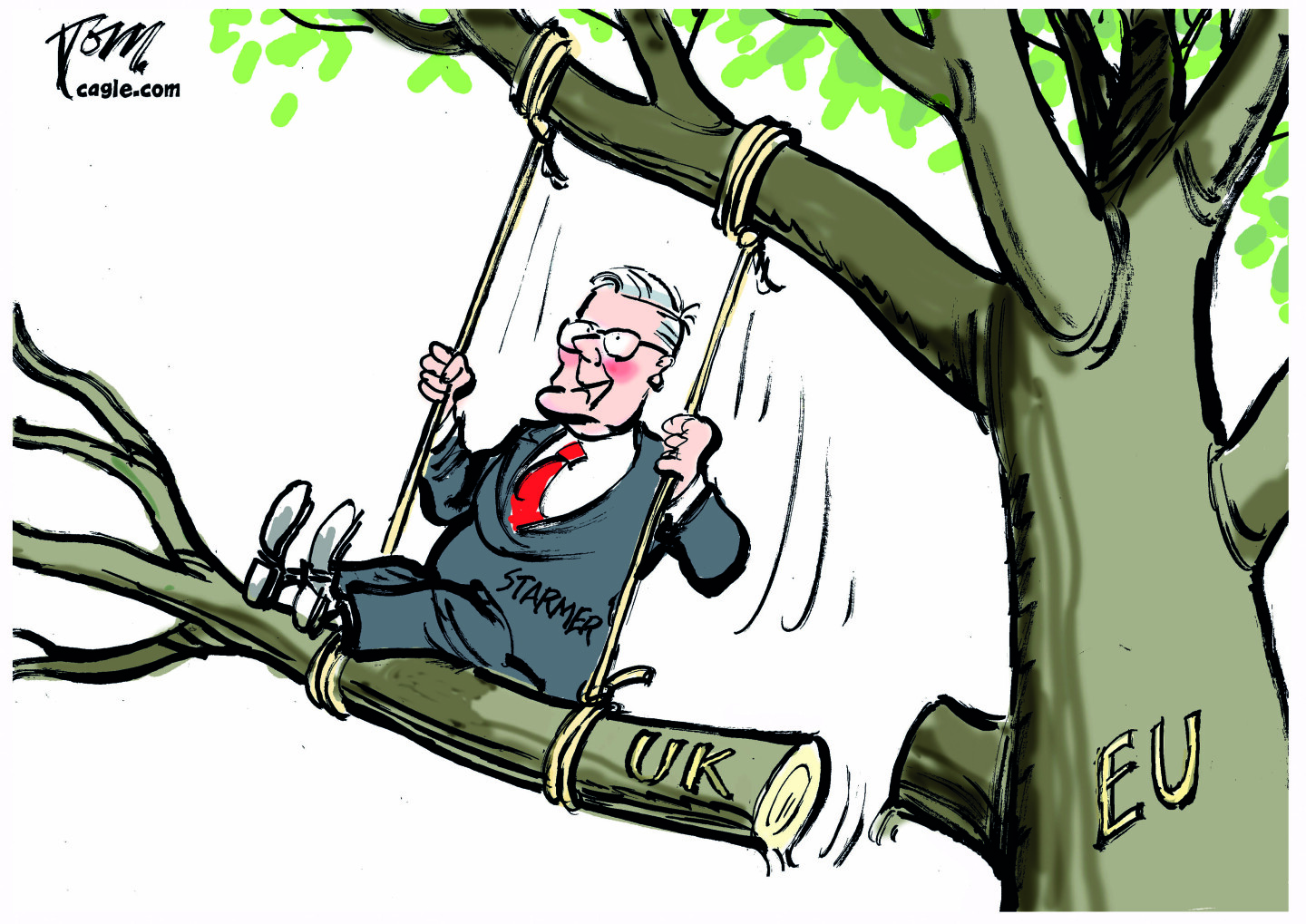 May 20 editorial cartoons
May 20 editorial cartoonsCartoons Tuesday's political cartoons include Keir Starmer and the EU, Donald Trump's diversion plane, The Trump-Putin phone call, and Joe Biden's diagnosis.
-
 How the care industry came to rely on migrant workers
How the care industry came to rely on migrant workersThe Explainer Government crackdown on recruiting workers abroad risks deepening care sector crisis, industry leaders warn
-
 Saint Lucia: a haven for chocoholics
Saint Lucia: a haven for chocoholicsThe Week Recommends From cacao body wraps to chocolate-making classes, the Caribbean island offers an array of indulgent experiences
-
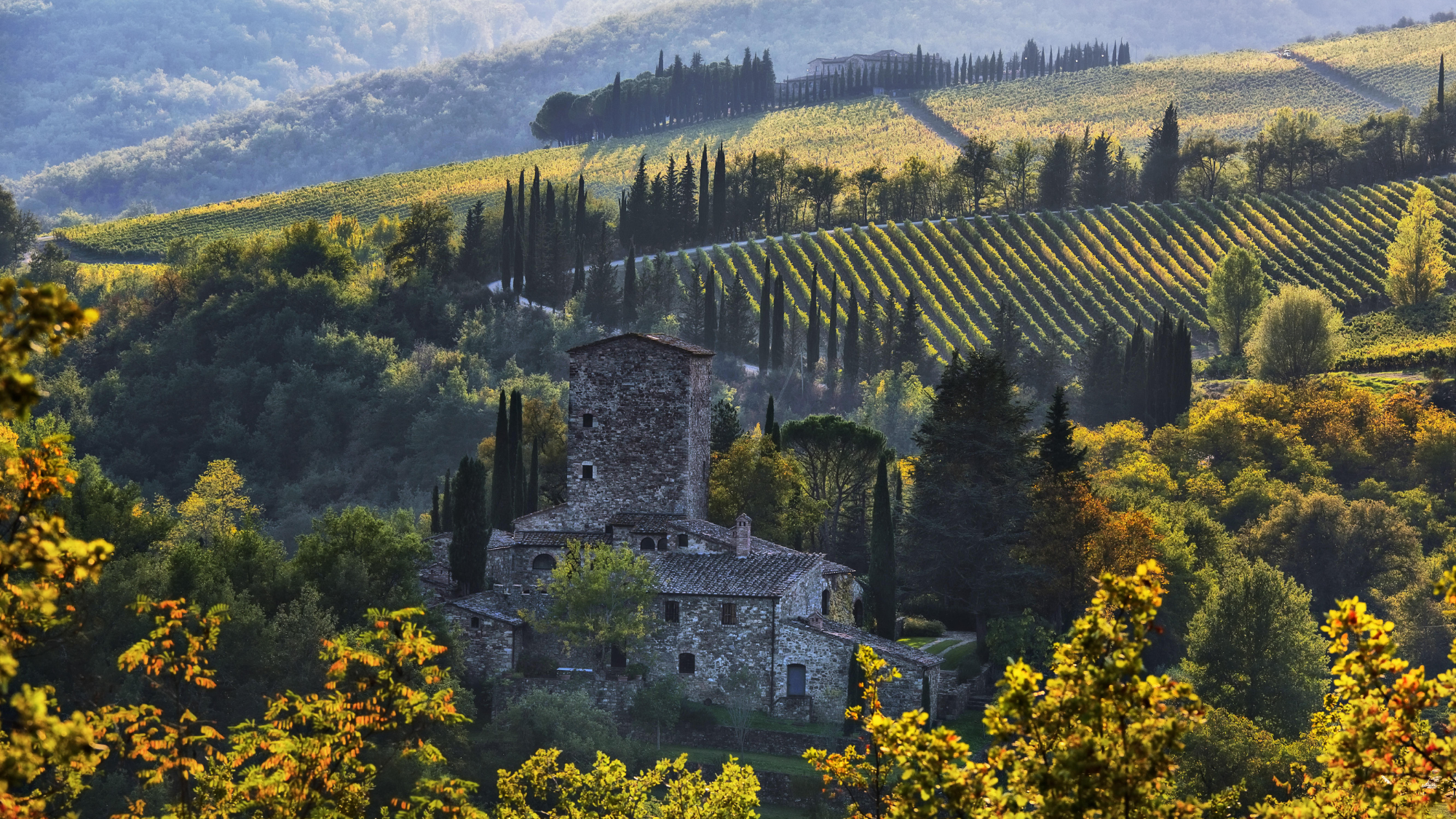 Wine-tasting in Tuscany
Wine-tasting in TuscanyThe Week Recommends From biodynamic vineyards to historic cellars, the picturesque region is a wine lover's dream
-
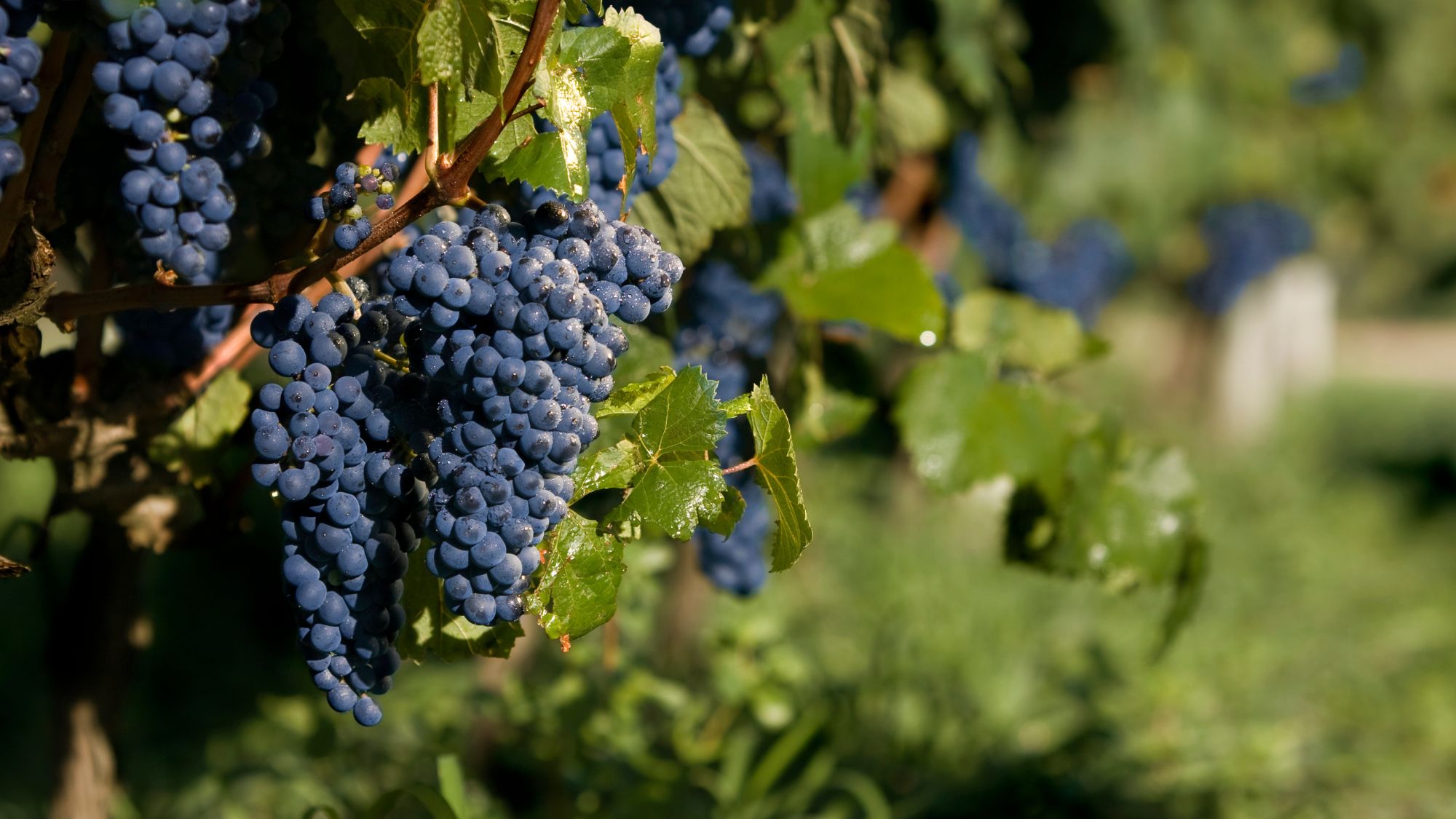 A wine-themed tour of beautiful Uruguay
A wine-themed tour of beautiful UruguayThe Week Recommends Secret paradise in South America boasts beautiful vineyards
-
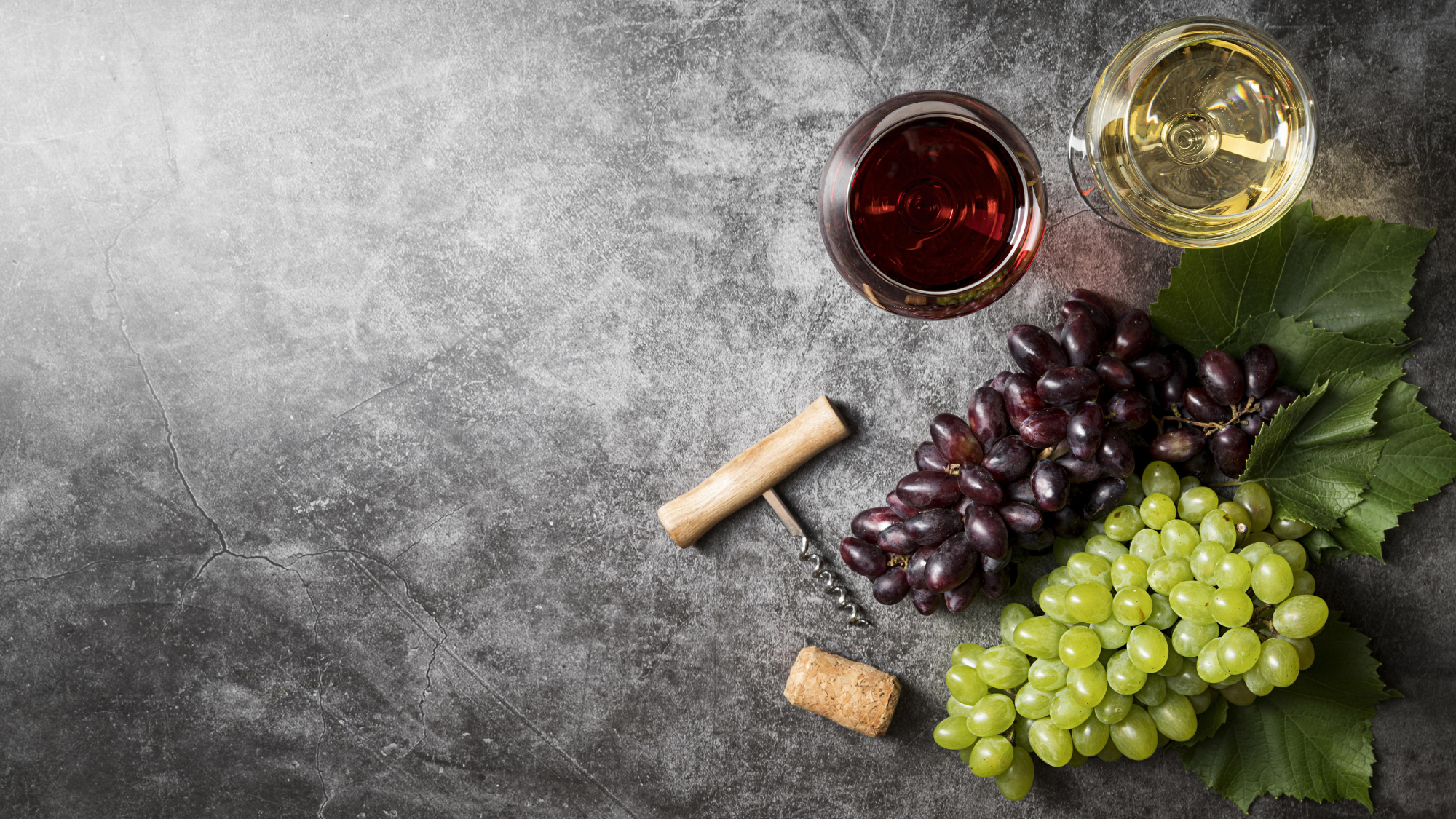 Organic wines that won't cost the Earth
Organic wines that won't cost the EarthThe Week Recommends From a 'zippy' muscadet to a 'dangerously drinkable' malbec
-
 Mulled white wine: a 'quirky' Christmas hit?
Mulled white wine: a 'quirky' Christmas hit?The Week Recommends Retailers are hoping to tempt shoppers with a 'lighter' version of the classic festive tipple
-
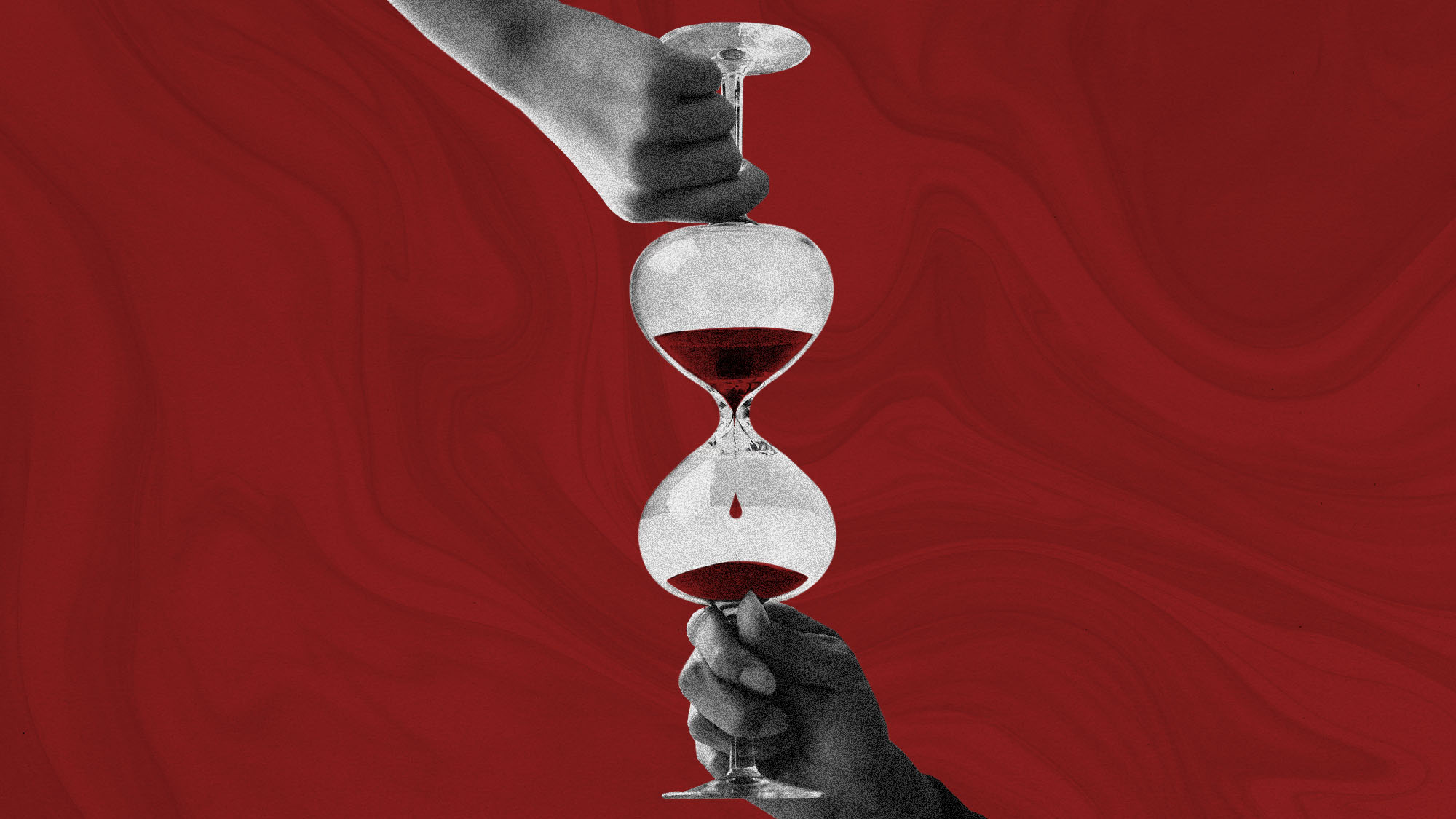 The myth of 'healthy' moderate drinking
The myth of 'healthy' moderate drinkingUnder The Radar The shaky logic that a daily tipple can lengthen your life has been a 'propaganda coup for the alcohol industry'
-
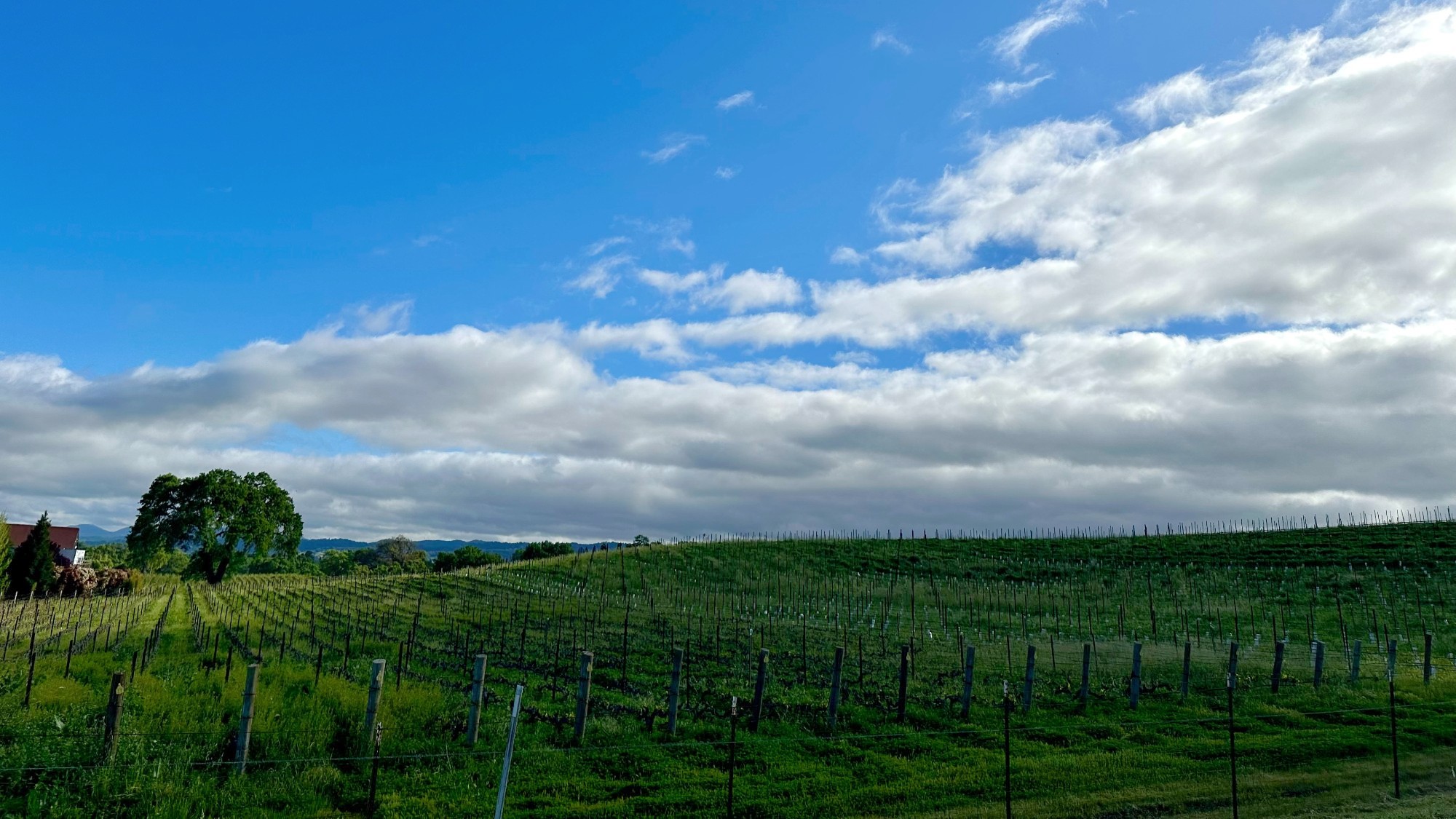 Paso Robles is where you should drink wine in California
Paso Robles is where you should drink wine in CaliforniaIn Depth This city is emerging as a wine epicenter
-
 Jurassic Park: how dinosaurs put wine on your table
Jurassic Park: how dinosaurs put wine on your tableUnder The Radar The disappearance of the 'lumbering beasts' allowed the grape to 'take over the world'
-
 Orange wines to try this summer
Orange wines to try this summerThe Week Recommends These amber-hued wines pair perfectly with bold dishes